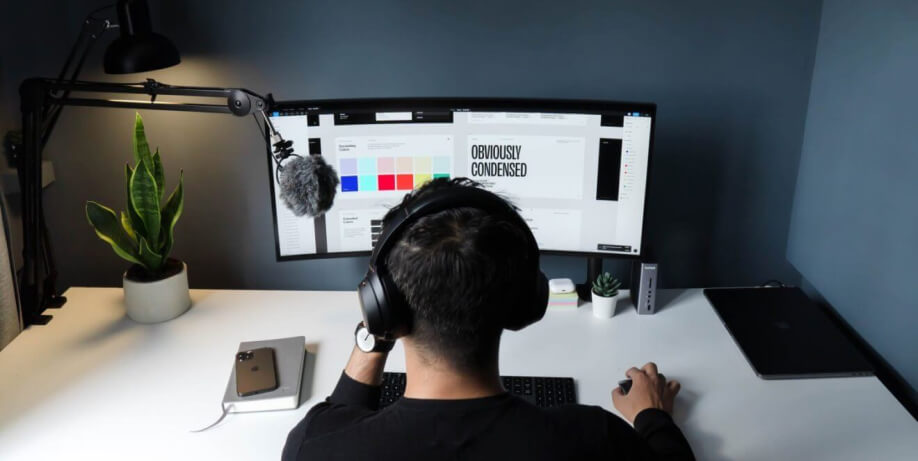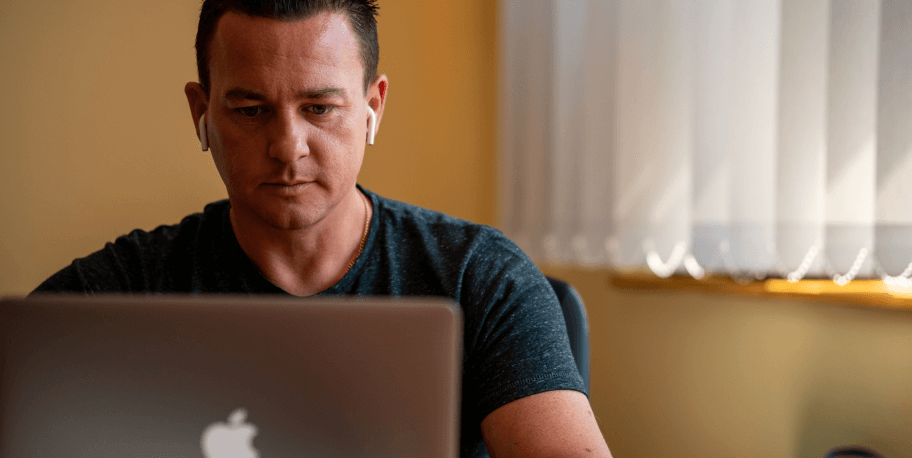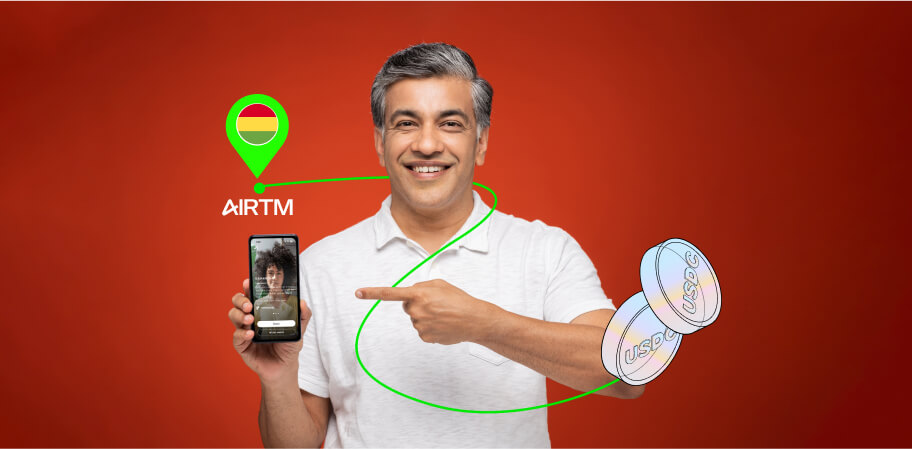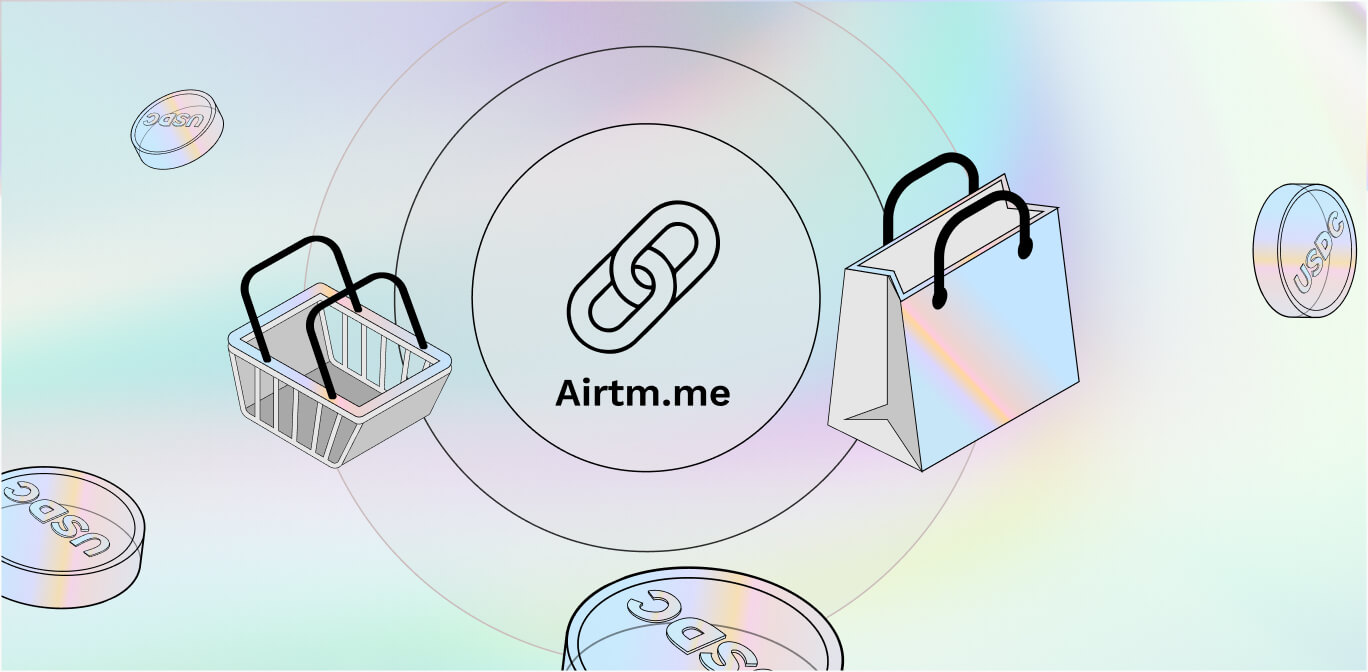Export Opportunities in Bolivia
May, 12, 2025
3 min
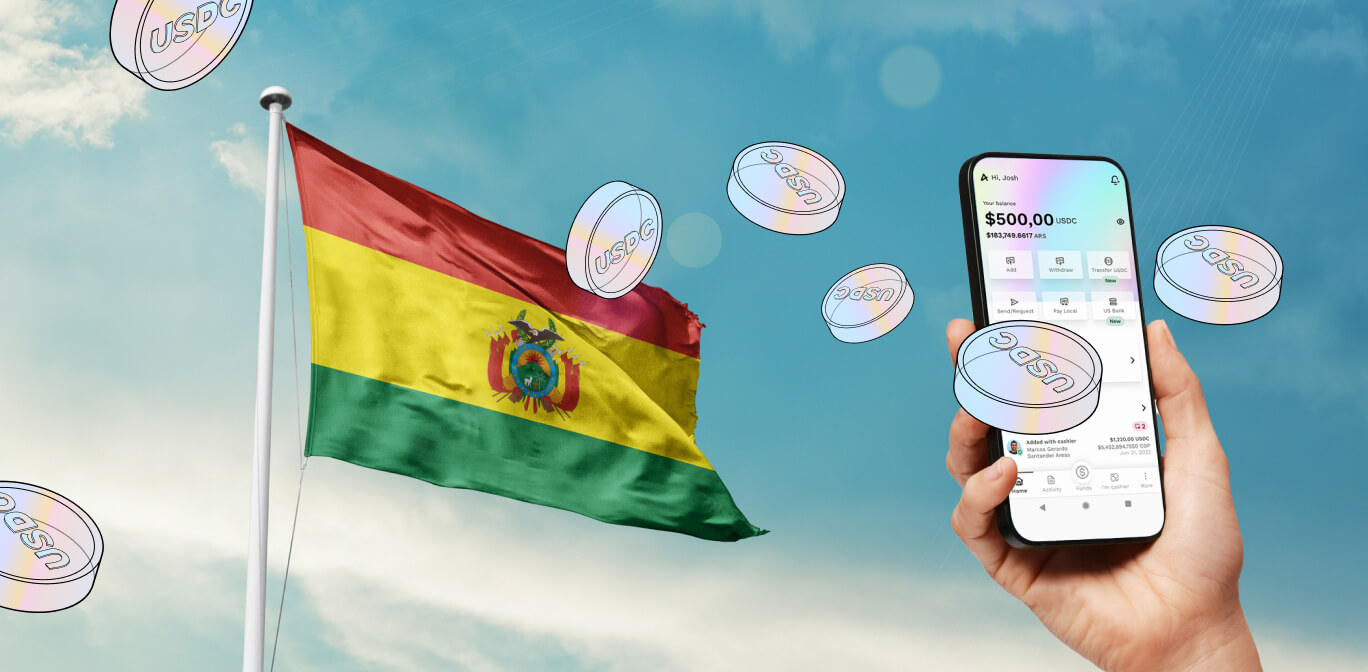
The Bolivian economy has faced challenging times. With the decline in gas exports — historically the main source of revenue — and the rise of mineral exports, the country finds itself in a new scenario: one where the national industry is not yet fully developed, and the devaluation of the currency presents both a challenge and an opportunity.
This is how Rickportaciones, the social media alias of James Erick Jaimes, a Bolivian content creator, international trade specialist, and TikTok influencer, explains it. Drawing from his experience across several continents, he presents a positive outlook: Bolivia is poised to become an exporting powerhouse for locally made, value-added products. Tools like Airtm will be key to making this vision a reality.
- Bolivia’s Critical Moment: From Dependence to Entrepreneurship
- How to Get Paid in Dollars from Bolivia
- From Bolivia to the World: Export, Get Paid, and Grow
- Lessons from the “Alpaca Fever” for Bolivia
- Bolivian Quinoa: A Superfood with Global Demand
- How to Export from Bolivia
- Keep updated with Rickportaciones’ Videos
- Conclusion: Crypto, Airtm, and the New Bolivia
Bolivia’s Critical Moment: From Dependence to Entrepreneurship
As Rick notes in one of his videos:
“We had a very strong currency against the dollar, and today, because of the devaluation, we have the opportunity to create a national industry.”
The rising cost of imports and the growing need to replace foreign products are opening up space for Bolivian entrepreneurs to manufacture, sell, and export homegrown products: alpaca wool textiles, Amazonian chocolates, quinoa bars, artisanal singani, and more.
This isn’t just about meeting internal demand. It also aligns with Bolivia’s growing appeal as a tourist and commercial destination. According to Rick, many foreigners already see the country as a place full of resources, with excellent cuisine and services at affordable prices.
“We’re like the Walmart of luxury,” he says.
How to Get Paid in Dollars from Bolivia
This is where platforms like Airtm come into play.
For many Bolivian entrepreneurs, the key question is: how can I get paid in dollars by an international tourist or client if my local currency keeps losing value?
The answer lies in using digital solutions like Airtm, which allows for:
-
Receiving payments in USD from anywhere in the world.
-
Exchanging between currencies or cryptocurrencies securely, without traditional bank intermediaries.
-
Operating 100% from a mobile phone, without risks or the need to resort to the parallel market.
-
Achieving financial freedom even in unstable contexts.
Today, many Bolivians are turning to cryptocurrencies as a practical way to protect their money, but also as a gateway to selling products in stronger currencies. Airtm seamlessly integrates into this ecosystem, acting as a bridge between Bolivians and customers worldwide.
From Bolivia to the World: Export, Get Paid, and Grow
Rickportaciones’ vision is clear: scarcity can drive ingenuity, and crisis can become opportunity. The talent, resources, and creativity are already there. Now, with tools like Airtm, the path to connect with the global market is wide open.
From traditional clothing and gourmet products to tourism experiences and digital consulting, Bolivia has what it takes to offer the world a unique catalog.
And thanks to platforms like Airtm, it’s now possible to get paid for all of this in dollars, from home, without banks, and with total freedom.
Lessons from the “Alpaca Fever” for Bolivia
En su video “¿Cómo la Fiebre de las Alpacas Causó una Burbuja Millonaria?”,
In his video “How the Alpaca Fever Caused a Million-Dollar Bubble,” Rickportaciones tells one of the most peculiar episodes in recent international trade history: the speculative boom in alpacas in the United States.
For years, thousands of people invested up to $750,000 in a single alpaca, convinced that alpaca fiber would become the “textile gold of the future.” Alpacas were marketed as the ideal retirement investment, a symbol of ecological status, and a promise of profitability… until the market collapsed.
Where did these alpacas come from? Countries like Peru, Bolivia, and Chile.
And this is where Rick delivers a powerful reflection: while other countries oversold the story, Bolivia remains an authentic origin of truly valuable products like alpaca wool.
But unlike that speculative American bubble driven by hype and marketing, today Bolivia has the potential to build a real, sustainable industry connected to the global market.
“The difference is that now we have technology, platforms like Airtm, direct access to global buyers, and more knowledge to avoid repeating past mistakes.”
Through his video, Rick not only presents this case as a warning but as a call to action to turn potential into strategy:
-
Value local products with authenticity.
-
Learn from history to avoid bubbles.
-
Use digital tools like Airtm to export freely and get paid in dollars.
🎥 You can watch the full video here:
How the Alpaca Fever Caused a Million-Dollar Bubble
Bolivian Quinoa: A Superfood with Global Demand
Bolivia is one of the world’s leading producers of quinoa, particularly high-altitude, organic varieties that are highly valued in markets like the United States, Europe, and Asia. This Andean grain is considered a “superfood” due to its high nutritional content, making it an excellent export opportunity for small and medium-sized Bolivian producers.
The key is to stand out through quality, certifications (like organic or fair trade), attractive packaging, and direct distribution channels — all of which can be significantly boosted using digital platforms and USD payment methods like Airtm.
How to Export from Bolivia
Exporting from Bolivia involves several steps and regulations. These are the most important:
-
Registering in the National Exporters Registry through Fundempresa.
-
Obtaining a Tax Identification Number (NIT).
-
Issuing invoices, customs documentation, and sanitary or phytosanitary permits if needed.
-
Coordinating with a customs agency for shipping.
-
Complying with international standards based on the destination country (labeling, composition, safety, etc.).
While this can seem complex at first, today there are advisors and digital tools that simplify the entire process, especially for small-scale exporters.
Keep updated with Rickportaciones’ Videos
Check Out Rickportaciones’ Videos
🎥 On TikTok:
@rickportaciones — content on business opportunities, exports, and financial education.
🎥 On YouTube:
Rickportaciones Oficial — economic analysis and practical advice for Bolivian and Latin American entrepreneurs.
Conclusion: Crypto, Airtm, and the New Bolivia
“Cryptos mean financial freedom now and always, which translates into hope for our Bolivia.”
– Rickportaciones
Bolivia’s future is not just about its natural resources, but about its people, their ability to adapt, and their openness to tools that are already changing the way business is done.







